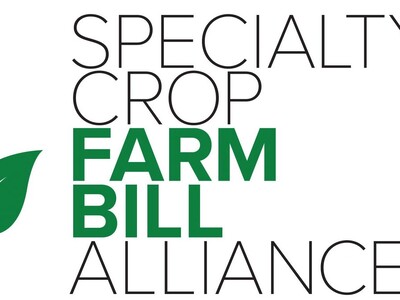Forest Health Workshops
Forest Health Workshops
I’m Lacy Gray with Washington Ag Today.
Workshops focusing on eastern Washington forest health issues are being offered during the month of May by the Washington State Department of Natural Resources and WSU Extension. DNR Forest Health Specialist Chuck Hersey explains the main reason behind the workshops.
HERSEY: Eastern Washington forests, a lot of our forests, are overstocked - basically too many trees and a lot of times the species composition has been altered so there’s a lot more Douglas fir or true fir and the overstocking and the change in species composition leads to a host of insect and disease problem that anybody that’s spent time on the east side over the last couple of years has seen plenty of evidence of the damage from western spruce budworm or mortality from pine bark beetles.
The workshops will help eastern Washington forest landowners become more adept at identifying forest damaging pests such as the western spruce budworm and the pine bark beetle.
HERSEY: Also make people familiar with the common insects and kinds of damage and understand what their management options are and what resources are available to assist them. We have foresters that can come out and meet with small private landowners and help assess their woodlands and give them recommendations on how to manage it to improve forest health.
The first workshop will be May 3 from 10:00 am to 4:00 pm at Ekone Ranch near Goldendale.
HERSEY: So a couple of hours inside learning about forest health and wildlife and wildfire and all their interactions and then the afternoons going to be spent outside looking at actual treatments where thinning has been done to reduce wildfire risk, improve forest health and enhance wildlife habitat.
Tomorrow Hersey will talk more about the forest health workshops and the “Forest Health Hazard Warning” issued by the Commissioner of Public Lands for eastern Washington.
That’s Washington Ag Today.
I’m Lacy Gray on the Ag Information Network.















